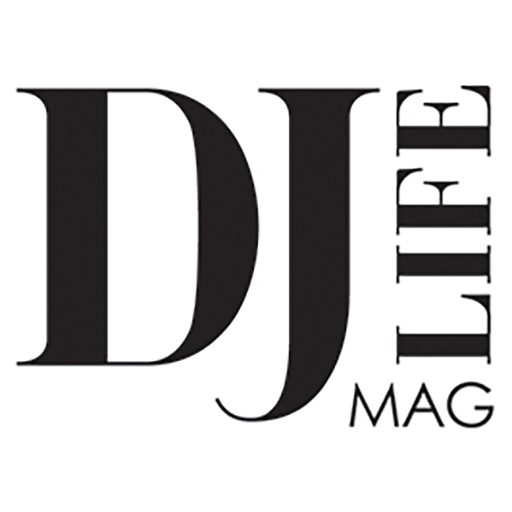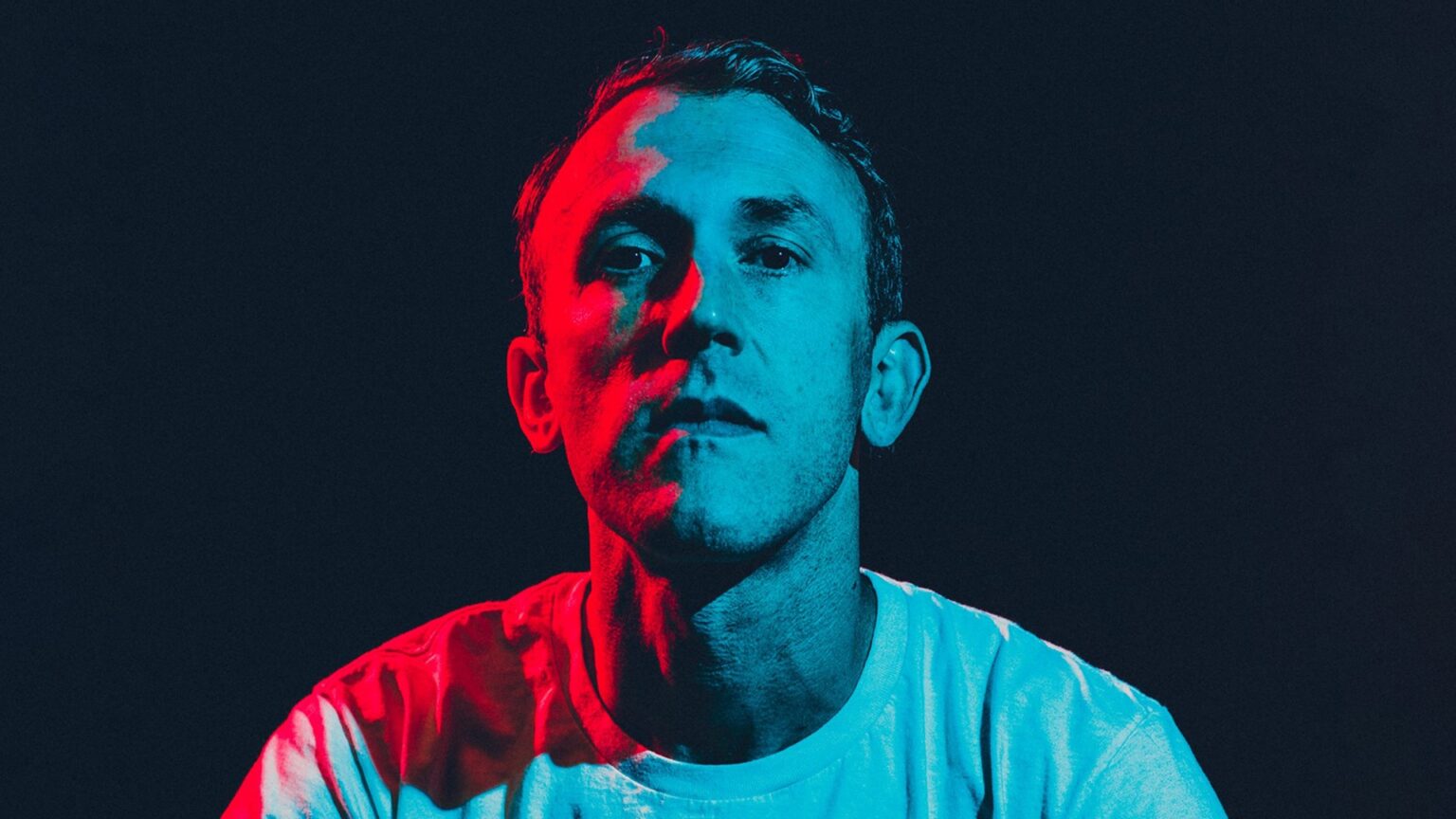If DJ Shadow was the artist who took sample-driven, instrumental hip-hop to the masses with 1996’s Endtroducing…, then RJD2 has carried it further to an even more musical place.
With eight full-length albums to his credit, RJD2 – aka RJ Krohn, 46 – has given us two decades’ worth of MPC-anchored jams craftily infused with rock-solid funk and dashes of melody from a variety of instruments and influences.
His 2002 debut, Deadringer, featured a pair of evergreen cuts – the simmering, melancholic “Smoke & Mirrors” and the oft-licensed genre classic, “Ghostwriter,” which found its way into films and advertisements. Other career highlights include the crazy Cuban vibes of 2004’s “1976,” the smooth soul gem, 2013’s “See You Leave” featuring STS and Khari Mateen, and “A Beautiful Mine,” the theme song for the TV series, “Mad Men.”
His most-recent full-length, 2020’s The Fun Ones, brings a more laidback groove overall, but still blasts plenty of funky flavors with tastes of turntablism on cuts like “Indoor S’mores” and “20 Grand Palace.” Unfortunately released at the very beginning of the lockdown, The Fun Ones is an album worth re-discovering.
As the Columbus, Ohio-based DJ/producer prepped for three East Coast shows (with his band) in New York and Philadelphia, we caught up with RJD2 to talk music, sampling, and gear.
DJ Life Mag: Musically, what were your first influences? What made you want to pursue music?
RJD2: I would say my first influences were probably the first wave of music I started to absorb independently. This would be UTFO, Run-DMC, Tears For Fears, Led Zeppelin, Jimi Hendrix, The Beastie Boys, Depeche Mode. Those were the first songs I recall considering “my music,” and likely laid the foundation for what type of music I would gravitate towards.
DJ Life Mag: Is crate-digging a lost or diminished art?
RJD2: You know, I really don’t know. I definitely hear a lot of modern rap music that is sample-based, and it has samples I cannot identify. A lot of the Griselda, Alchemist, Roc Marciano, etc., stuff sounds sample-based. I would probably say no… but peripherally, it wasn’t any kind of cross I intended to bear, so I can’t say I’m on a mission with it or anything.
DJ Life Mag: In the studio, are you still working with the Akai MPC2000XL?
RJD2: I have several, and use it often, but I recently got a 1000… does the same thing, basically. I only use the units that I know well. I don’t think they are better units, but merely that time is the resource I have the least of, and wish not to waste it learning a new device unless it’s really going to benefit me.
DJ Life Mag: What else is part of your main studio gear? For you, what are the most important components?
RJD2: Drums, bass, guitar, keys, mics, MPC – 99-percent of what I do rests on a working knowledge of those elements. I record on Pro Tools – again, because it’s what I know. The most important component, by far, is the ability to discern good from mediocre. That alone is the most critical tool I have and need to hone on any given day in the studio.
DJ Life Mag: Tell us about teaching “From Samples to Songs” on Soundfly, the online school – any success stories?
RJD2: Well, I had the opportunity to do a class with them and took it because I feel it is my duty as a human to give back to humanity whenever possible. I have spoken to several people who took the course and said they got some “gems” out of it. I’m happy to be a part of contributing to a culture that has given me so much.
DJ Life Mag: At what point do you think sampling, in and of itself, began to get respect?
RJD2: I definitely think of Paul’s Boutique, De La Soul Is Dead, and It Takes a Nation Of Millions to Hold Us Back, those types of albums, as a validating period in sample-based music. Continuing into the mid-aughts, it also seems that sample-based music progressed and evolved. It has been a big inspiration to me. It’s a thing that I’ve participated in, and yet I have also learned to not seek external validation for my interest in art.
DJ Life Mag: In the DJ booth, what gear do you use? How would you describe your style?
RJD2: If I’m strictly DJing, its usually with Serato. For my solo shows, I’m doing my best to recreate or re-contextualize the albums I’ve made. Style-wise? I would consider myself an open-format DJ.
DJ Life Mag: What are a few tracks that are always in your “DJ box” and why?
RJD2: Chaka Khan’s “What Cha Gonna Do For Me,” The Gap Band’s “Outstanding,” and Bob Marley’s “Could You Be Loved.” Why? Mostly because I haven’t gotten sick of them yet!
DJ Life Mag: Which producer/remixers do you most admire?
RJD2: Just Blaze, Jake One, the Mount Rushmore guys – DJ Premier, Large Professor, Prince Paul, Q-Tip, etc. There’s really too many to mention. There are multi-instrumentalist types that I admire as much as them, as well – guys like Jon Brion and the like.
DJ Life Mag: And DJs? What are you looking for? What impresses you?
RJD2: Sonny James, Matthew Law, A-Trak, D-Nice, etc. I like DJs who cut, cross styles, and take risks, really.
DJ Life Mag: How did you survive the lockdown? Did you do it creatively?
RJD2: I was playing drums a fair amount, recording, doing non-music stuff, trying to be safe, being an adult and a parent… basically, just trying to be responsible [laughs].
DJ Life Mag: Were you streaming at all during lockdown? How has it been like returning to shows?
RJD2: I did some live-streaming stuff at a point. After a while, it started to feel like I either needed to commit to it, or bow out, as I had kind of said what I had to say. Yeah, it’s been great getting back out to do shows. The crowds have been awesome, and it reaffirmed my belief in live music!
DJ Life Mag: What can fans expect from you when you do your East Coast run?
RJD2: I’ll have my band with me, we will be playing some old songs and new. I’ll be moving from turntables to keys, guitar, and drums, and it should be a joyous occasion!
To check out more interviews, click here.


